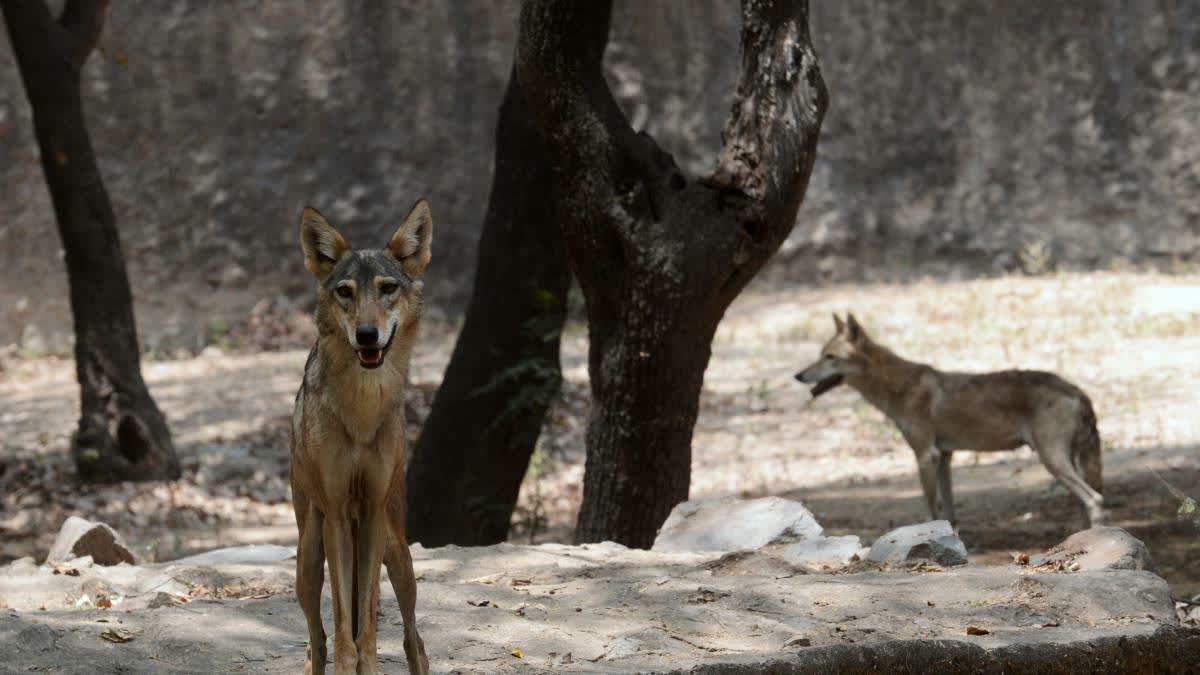Dehradun: After the recent wolf attacks, scientists from the Wildlife Institute of India (WII) are zeroing in on the number of wolves and their activities. So far, there has been no official census on wolves at the national level, and the initiative is gaining currency as this may reveal new facts about the animal.
Despite terrifying attacks that have claimed several lives in recent years, wolves are not enemies of humans. They play a significant role in biodiversity, especially agriculture, by indirectly helping farmers. This is because wolves control the number of wildlife in grasslands, such as Nilgai, Black deer, Wild boar and Chinkara. In this way, wolves are a boon for farmers to control the number of these wild animals that harm agriculture.
Some research papers published at individual levels throw light on the wolf estimate. Apart from this, the International Union for Conservation of Nature (IUCN) has prepared a list of Himalayan wolves for the first time, the report of which is yet to be made public.
Dr Bilal Habib, a senior scientist at WWI said the number of wolves has dwindled to 2,500-3,000 from a whopping 2 lakh. Although this study, expected to be completed in six months, is also not an official census by the Government of India, WWI has taken a keen interest in the felines.
Scientists are assessing the reason behind the series of wolf attacks in Uttar Pradesh. Wolves are not wild, and their habitat is grassland on the outskirts of dense forests. Shrinking hunting and breeding grounds may be causing the wolves to stray into human settlements, leading to unwarranted attacks. The matter of concern is that not only the hunting area of wolves but also their breeding area is getting affected.
